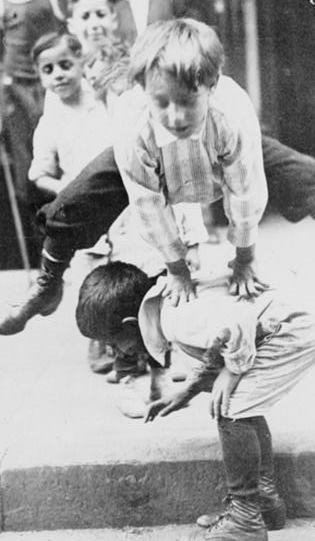I thought I would just ramble a bit for fun:
I've been feeling very disconnected from downtown so far this summer. My work currently keeps me out of the city 5 days a week, and any time outside of work and sleeping is pretty much spent at our pool which is a 12 minute drive out of the basin. Now with the temperatures getting even hotter, I'm sure we will continue going to the pool everyday. In the evenings sometimes we will sit out on the stoop and talk to neighbors, or we will go to the Saturday movie on Fountain Square. Tomorrow, the movie is Astro Boy, which I have never even heard of, but we probably will be there. Unfortunately, lots of events happen around us (like the Fringe Festival or Taste of Cincinnati) that we don't even know are happening until they are over.
I was troubled to hear about a seemingly random shooting in the 1700 block of Vine a few days ago. Despite all the condos, retail and general positive business developments in Over-the-Rhine, it is still quite dangerous north of Liberty Street. In the southern half of OTR, I feel pretty comfortable on the street with my family. We can hardly walk half a block without meeting friends and stopping to chat. But if we walk a few blocks in any direction, we will be mostly amongst strangers. Even walking over to Main Street to go to Shadeau Breads, it seems like we don't know anyone over there.
One of the great stabilizers on a street are the people who are there all the time. Mostly I am thinking of the shop keepers, like Mike at MiCa or the lady at Ice Cream Palace, but also the maintenance man next door and even some of the homeless guys or the Tender Mercies residents and staff.
Washington Park almost seems like a dead zone lately. There are still lots of people hanging out, but the dusty gravel lot and the empty swimming pool deaden the whole north end, and the broken play equipment has been baking in the hot sun. Seems like the park itself is a patient sullenly awaiting surgery...
While on a recent road trip, I listened to hours of podcasts. I listened to several good ones from Citybeat and I also listened to a backlog of James Howard Kunstler. Kunstler is interesting, but seems to have really gone off the deep end with his predictions of our approaching worldwide catastrophe triggered by peak oil. His best book was his 1994 Geography of Nowhere, which although now a bit dated, you should definitely read if you haven't. (I'll give away my copy if you email me). But for the past decade or so Jim has been focusing more and more on oil. And although oil is an extremely important subject for our society, especially seeing that our entire economy is based on its production, I am not comfortable with his far-reaching predictions of the future. He thinks that the past 50 years of American suburban, cheap oil motoring is an anomaly, not a predictor of the future and that we will return to a localized agrarian economy.
I have to admit that when he first started writing about this stuff he himself was an anomaly. But now he is just one of a growing chorus of people predicting peak oil and a resulting economic collapse. I agree that oil is certain to get much more expensive over the next decade. But people will adapt, and oil use will decline as it gets more expensive. There will still be oil for critical industries and fertilizer production etc...
Meanwhile we continue to re-shape our built environment for this uncertain future. We continue to build and re-build our cities. I read somewhere that it is predicted that 50% of what will be standing in 2050 we will build between now and then. We must remember that even though most of our population currently lives in a sprawled out unwalkable wasteland... we can change our path. We can change our path to build beautiful, productive, healthy and walkable cities. We can do this one step at a time over the next decades. And to accomplish this, we must recognize that development naturally follows access and transit. This means if we want a beautiful city with public space meant for people, then we must build durable infrastructure that supports pedestrians first. In my humble opinion, if we support the pedestrian we will automatically build a great city.
That's all today. I predict that my posting will be a bit sporadic this summer (I refuse to take a laptop to the pool) but I'll be around at least weekly if not daily. See you on the street!






.JPG)
.JPG)







.JPG)

.JPG)










